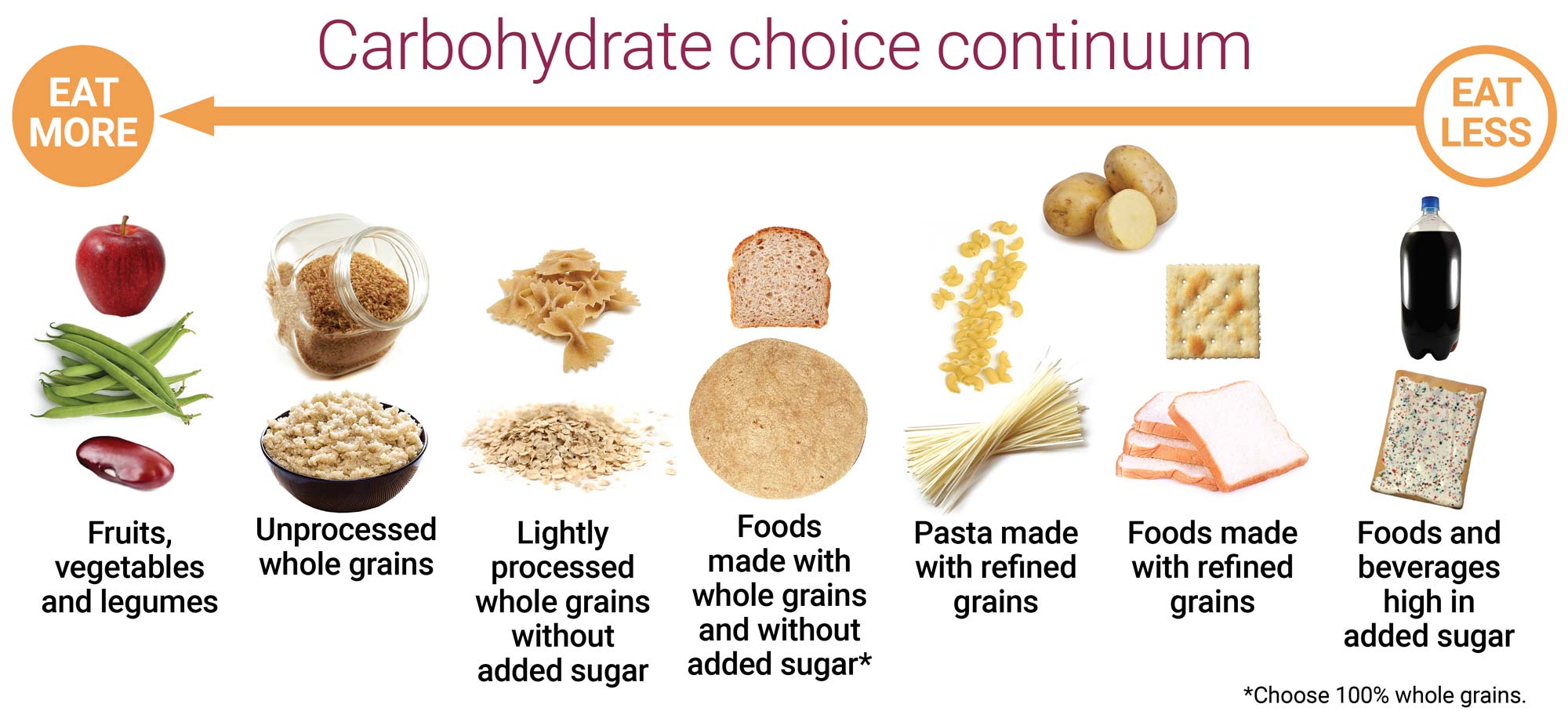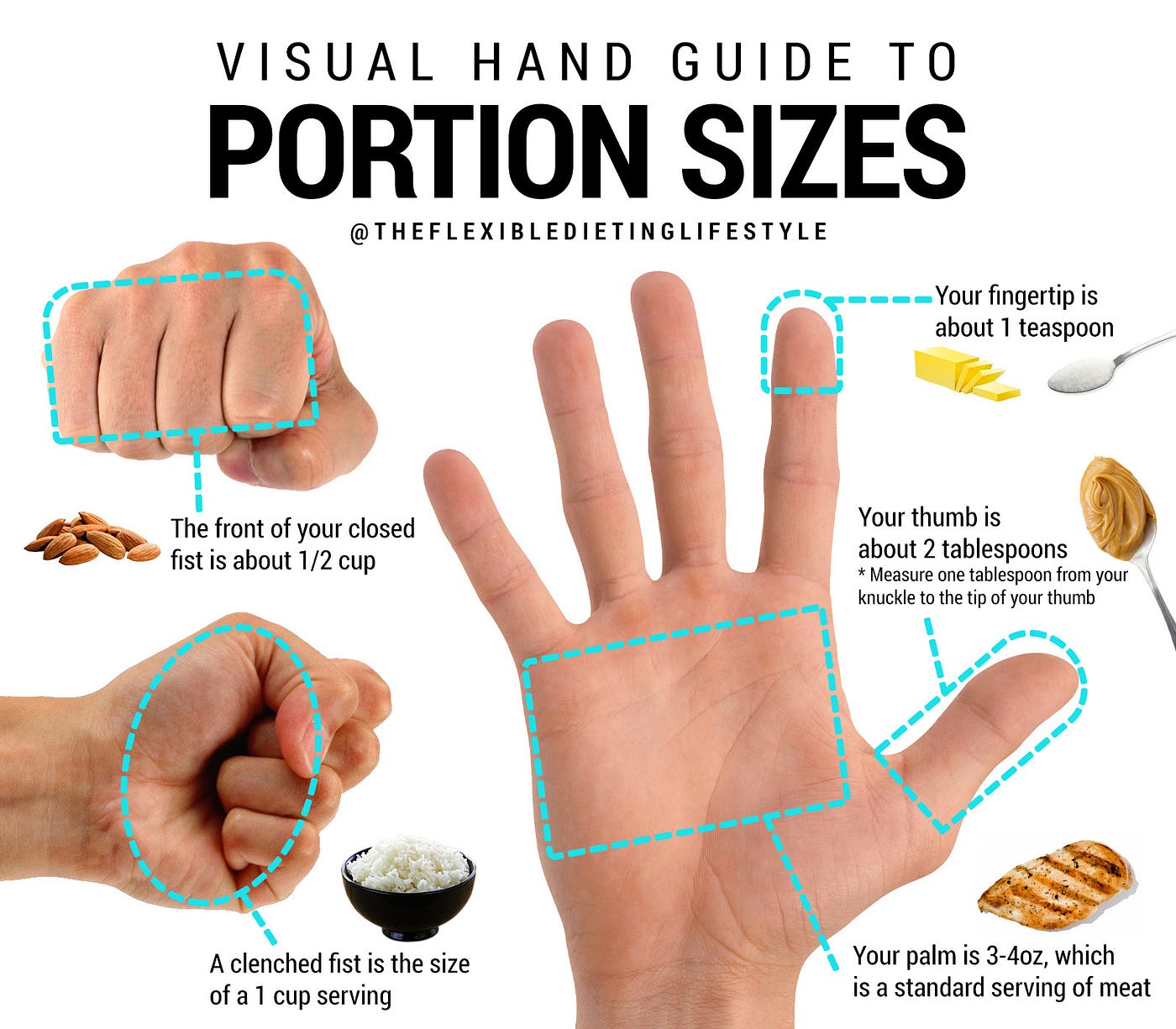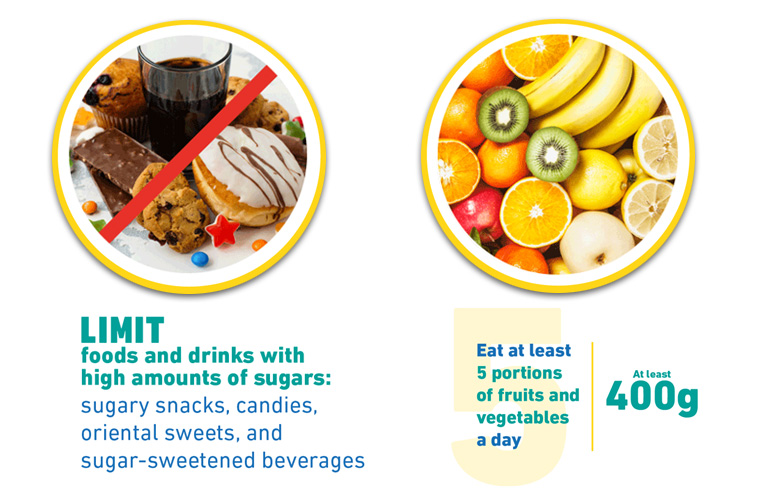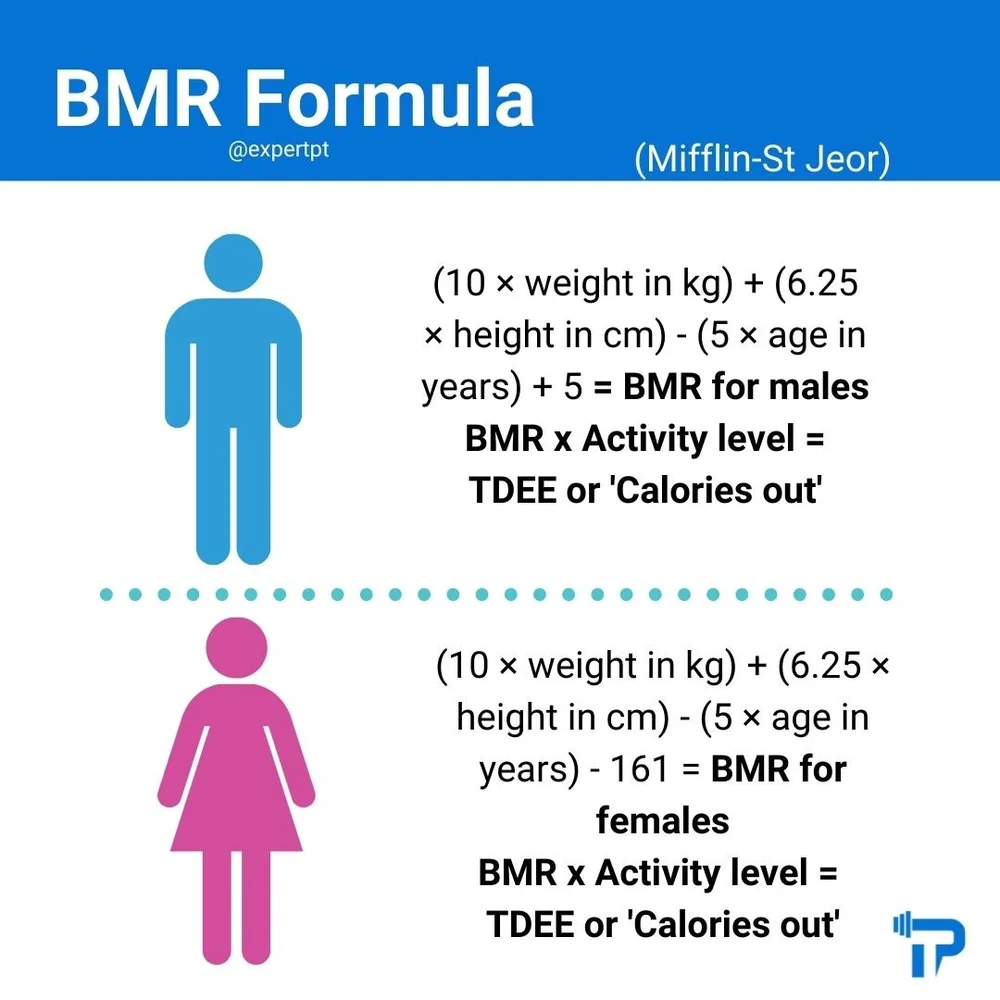PROPER DIE TO PLAN FOR GETTING SLIM----------------------- IMPORTANT AND PRACTICLE
Creating a proper diet plan to get slim involves a balanced and sustainable approach. Here's a general outline of a healthy diet plan to help you achieve your weight loss goals:
Calculate Your Caloric Needs: Determine your daily caloric needs based on your age, gender, activity level, and weight loss goals. There are online calculators that can help you with this.
Eat a Balanced Breakfast: Start your day with a nutritious breakfast that includes a good balance of protein, whole grains, and healthy fats. This will provide you with energy and keep you full for longer.

Choose Lean Proteins: Incorporate lean sources of protein into your meals, such as chicken, turkey, fish, tofu, beans, lentils, and low-fat dairy products. Protein helps maintain muscle mass and keeps you feeling full.
Load Up on Vegetables: Vegetables are low in calories and high in nutrients, making them an essential part of any weight loss plan. Aim to fill half your plate with colorful vegetables at each meal.
Opt for Whole Grains: Choose whole grains over refined grains to keep you feeling satisfied and provide essential nutrients. Examples include brown rice, quinoa, whole wheat bread, and oats.

Healthy Fats: Include sources of healthy fats in your diet, such as avocados, nuts, seeds, and olive oil. These fats are beneficial for heart health and help you feel satiated.

Watch Portion Sizes: Be mindful of portion sizes to avoid overeating. Use smaller plates to help control portion sizes visually.

Limit Sugary and Processed Foods: Reduce your intake of sugary snacks, sweets, and processed foods high in added sugars and unhealthy fats. They can lead to weight gain and provide little nutritional value.

Stay Hydrated: Drink plenty of water throughout the day. Sometimes, thirst can be mistaken for hunger, leading to unnecessary snacking.
Snack Smart: If you need snacks between meals, opt for healthy choices like fruits, vegetables, yogurt, or a handful of nuts.

Meal Planning: Plan your meals in advance to avoid impulsive eating and make healthier choices. Prepare meals at home whenever possible to have more control over ingredients.
Be Patient and Consistent: Remember that sustainable weight loss takes time. Be patient with yourself and stay consistent with your healthy eating habits.

Combine with Exercise: For the best results, combine your healthy diet plan with regular physical activity. Incorporate both cardiovascular exercises and strength training into your routine.

Track Your Progress: Keep a journal to monitor your food intake and track your progress. This can help you identify any patterns and adjust your plan accordingly.
Always remember to consult with a healthcare professional or a registered dietitian before starting any new diet or exercise plan, especially if you have any underlying health conditions or concerns. They can provide personalized guidance based on your individual needs and goals.

Comments
Post a Comment